Who doesn’t love snacking on items like Skittles and Cheetos? While these snacks are incredibly popular throughout the United States, citizens in other countries don’t get to enjoy this pastime — as these items are banned because of their ingredients.
In fact, there are many popular American snacks that are outlawed in other countries around the world, for various reasons.
Skittles
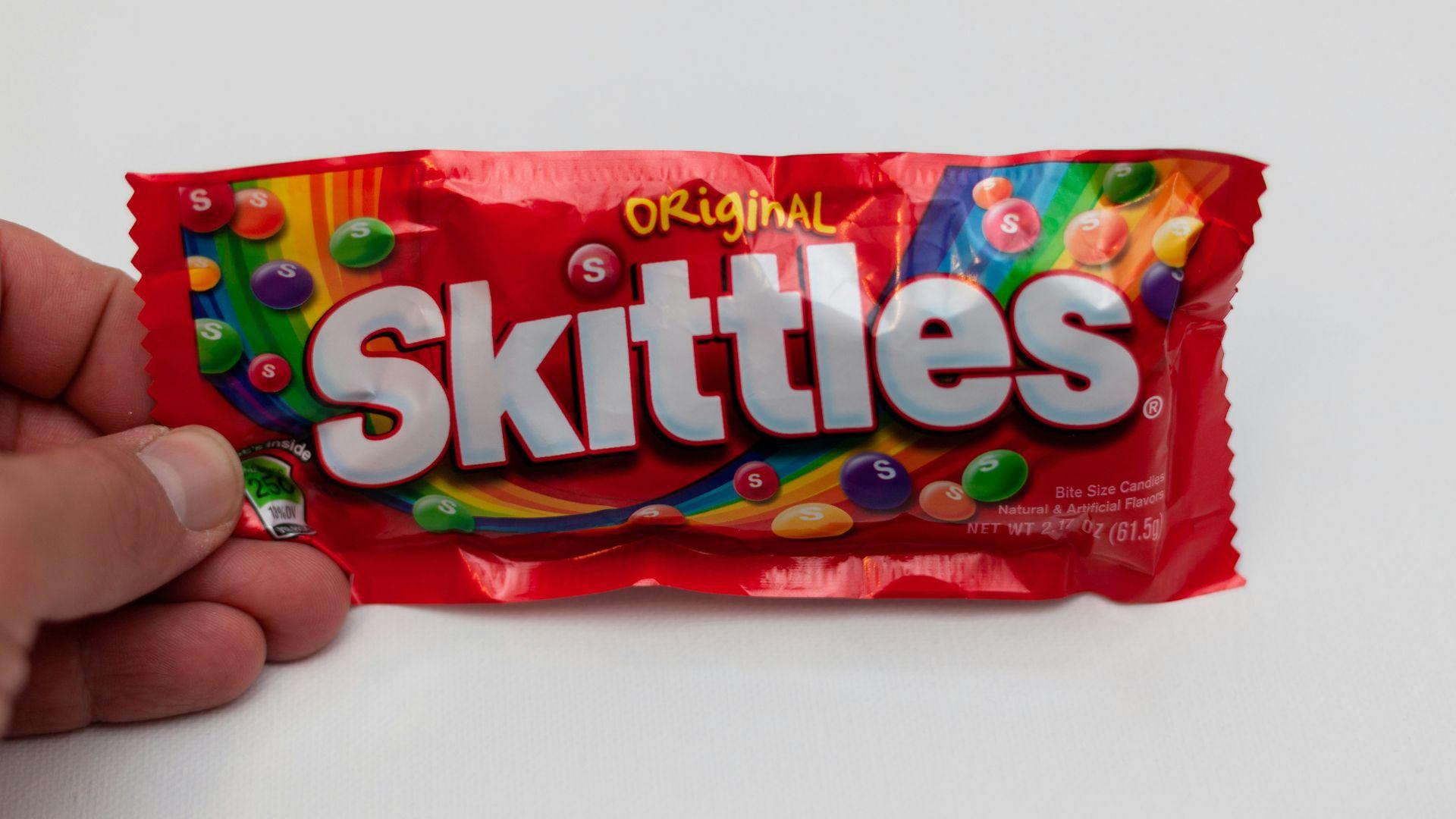
Skittles are a favorite treat for many throughout the United States. However, this candy is banned in many countries in the European Union because it contains the food dyes Yellow 5, Yellow 6, and Red 40.
In some of these countries, Skittles have a warning label on them, though it is outlawed for children or infants to eat them. In Austria, Skittles are banned outright.
Little Debbie Swiss Rolls
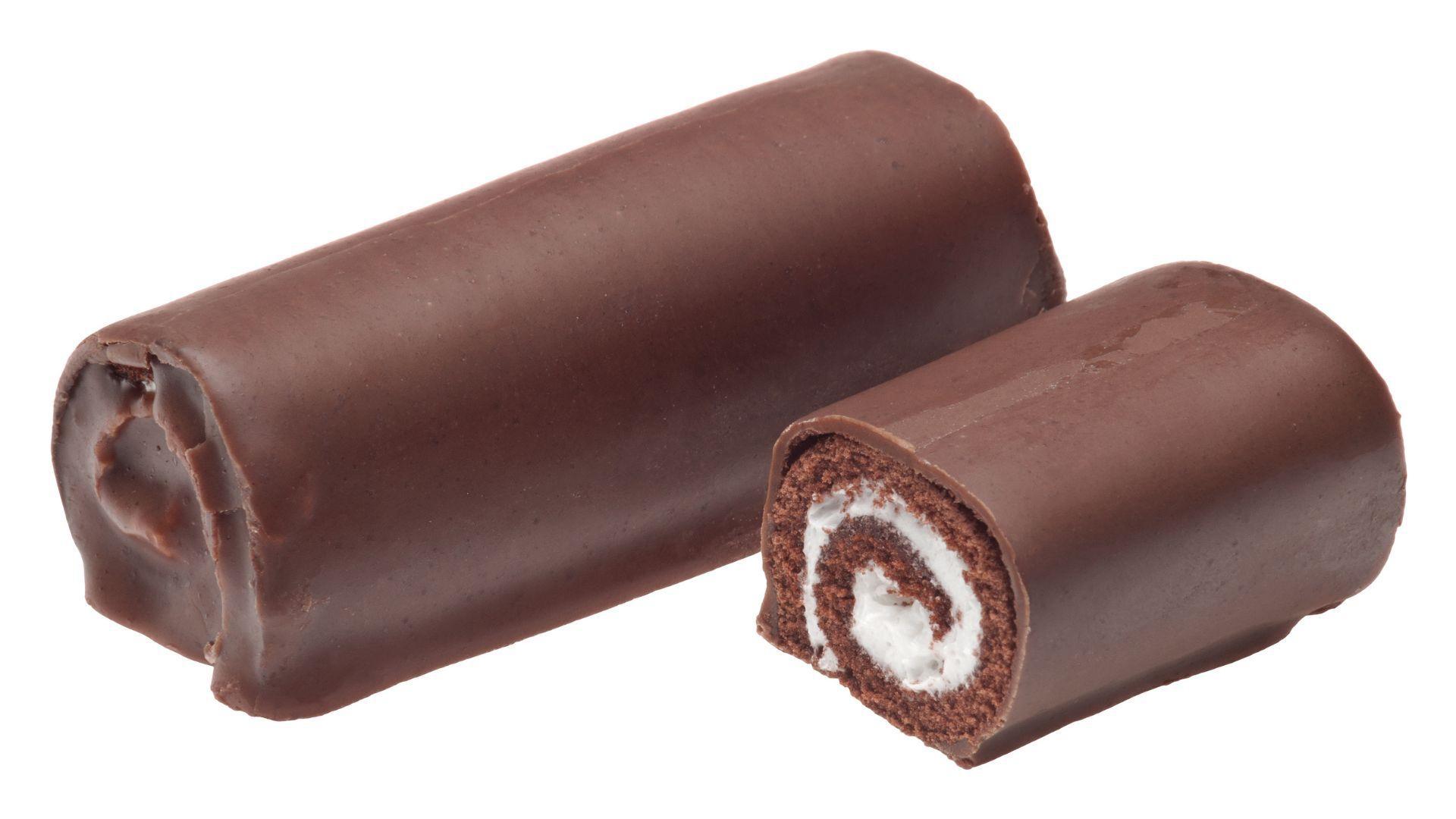
Various countries in Europe have banned Little Debbie Swiss Rolls, as these sweet treats contain the food dyes Yellow 5 and Red 40. These specific dyes have been banned in different ways in these countries, as studies have shown they can cause harmful effects on infants and children.
In some EU countries, these packages aren’t completely banned, though they have warning labels on them. However, Norway and Austria have banned these items completely.
Twinkies
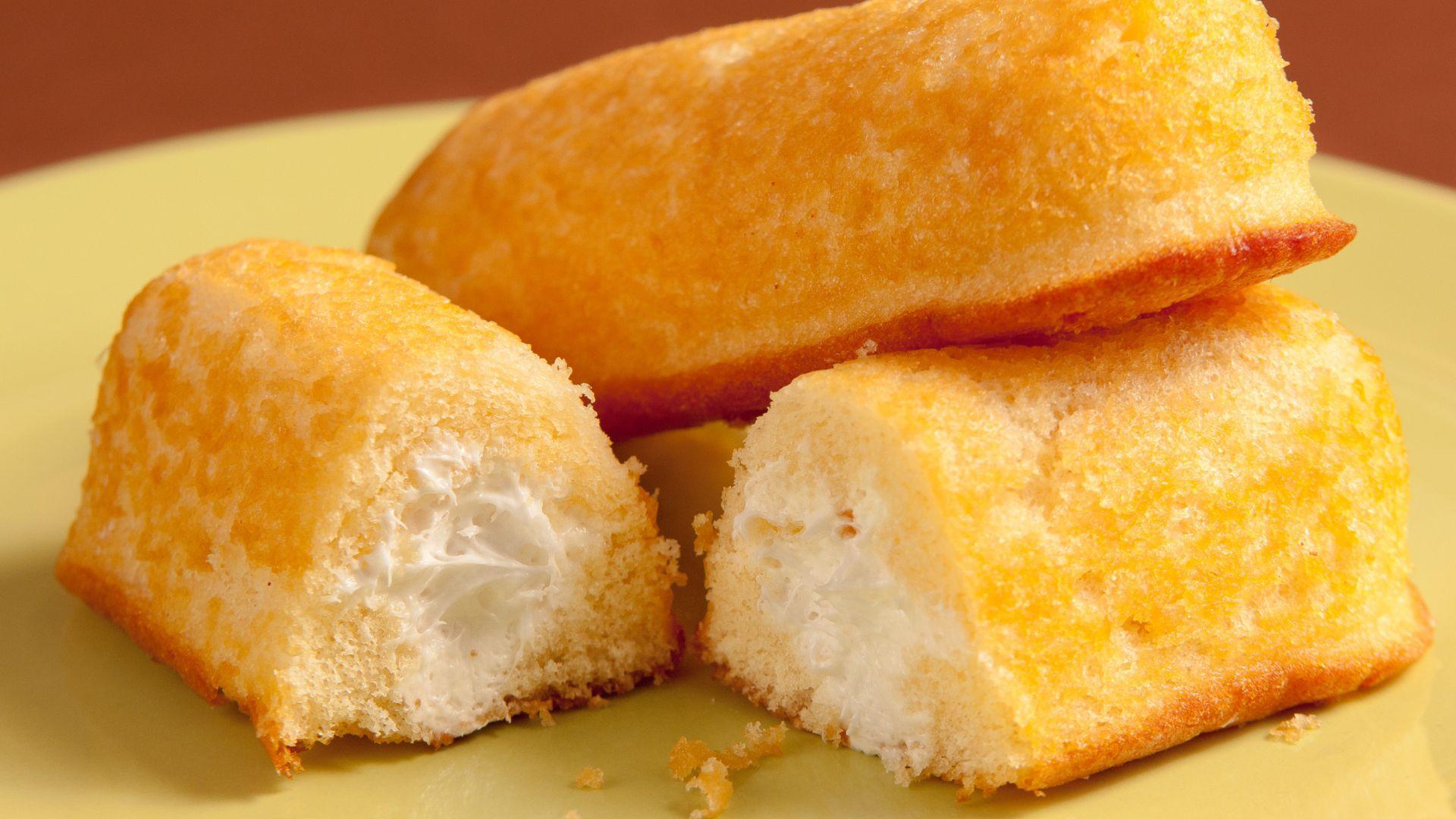
Yet another sweet treat that is banned elsewhere other than the United States! Twinkies have Yellow 5 food dye, which can be harmful to humans when ingested. Therefore, the EU allows its sale, but only in limited ways and with warning labels on it.
However, Finland, Austria, and Norway have completely banned the sale of Twinkies.
Gatorade
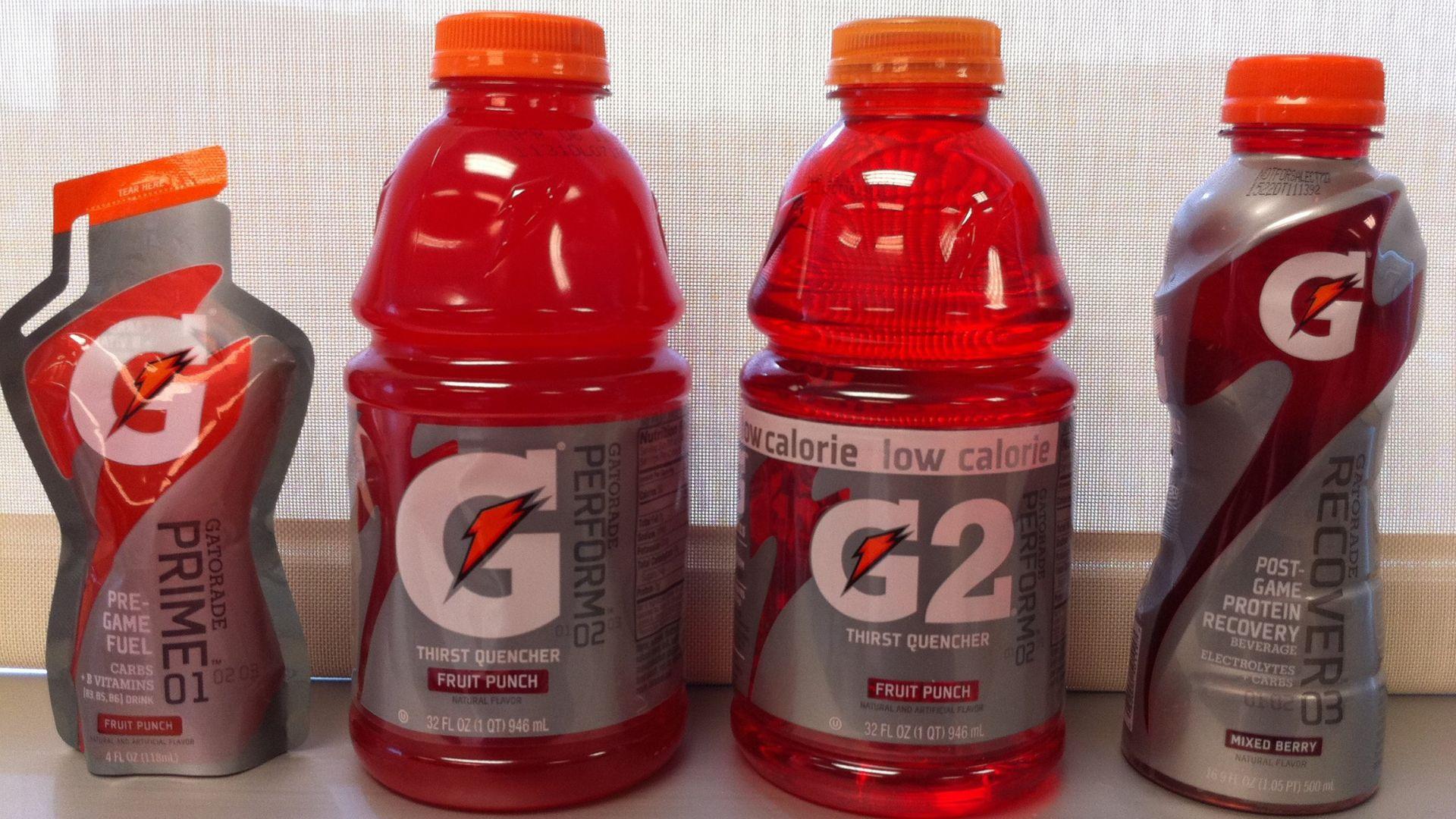
Surprisingly, Gatorade is also banned in various countries around the world. While many Americans drink it to stay hydrated, this can’t be said about citizens of other countries.
Because Gatorade contains the ingredients Yellow 5 and Yellow 6, it is outlawed for infants and children in the European Union. However, countries like Norway and Austria have banned Gatorade completely.
Coffee-Mate
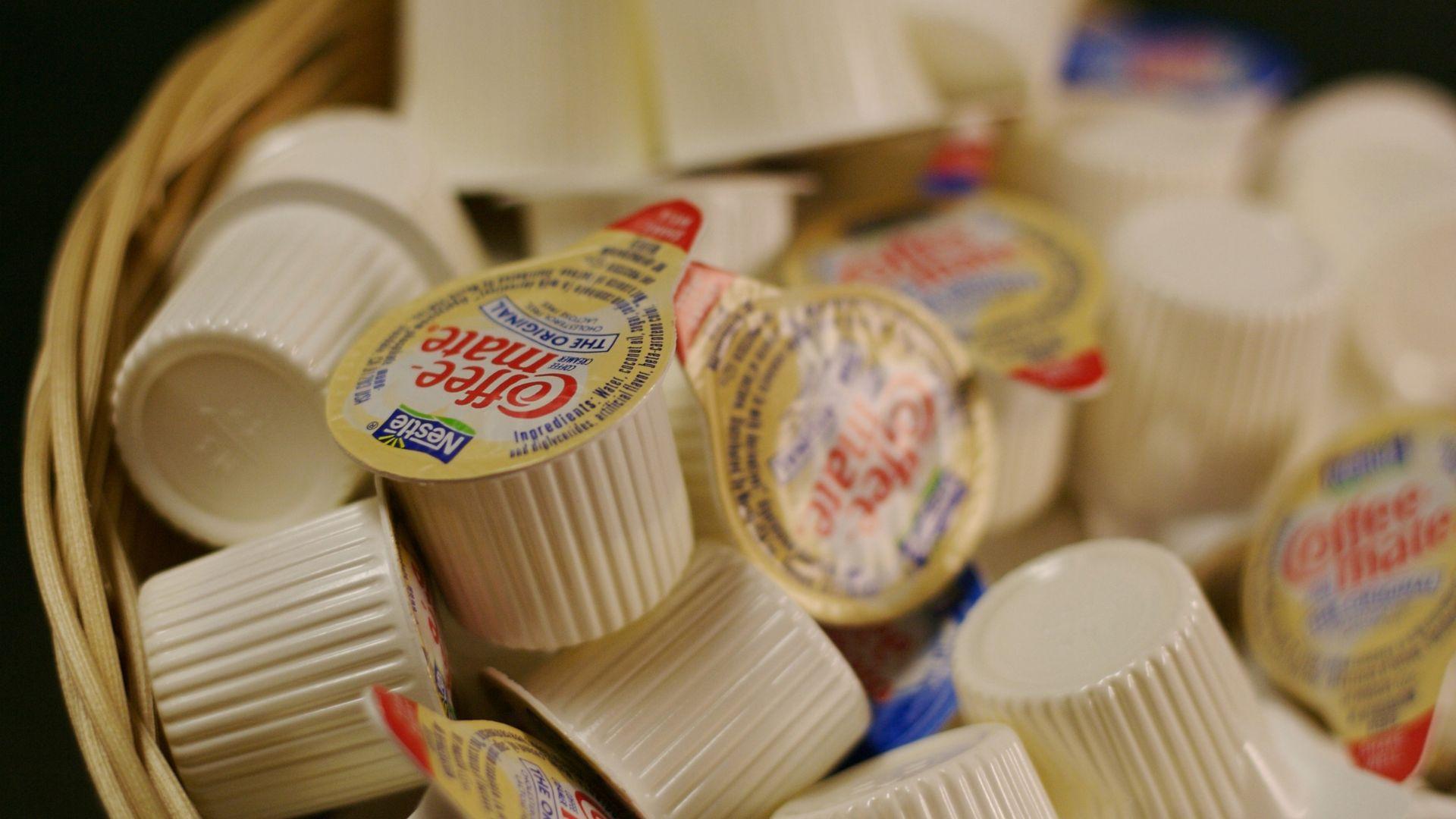
Countless Americans enjoy a nice, hot cup of coffee with a dash of Coffee-Mate creamer in the morning before they head to work. Unfortunately for those who live in Europe, they don’t get to enjoy this morning tradition.
That’s because Coffee-Mate has trans fat. European countries — such as Austria, Denmark, Switzerland, and others — have banned artificial trans fat because it is linked to heart disease. The World Health Organization (WHO) has called for a total ban on artificially produced trans fat.
Mountain Dew
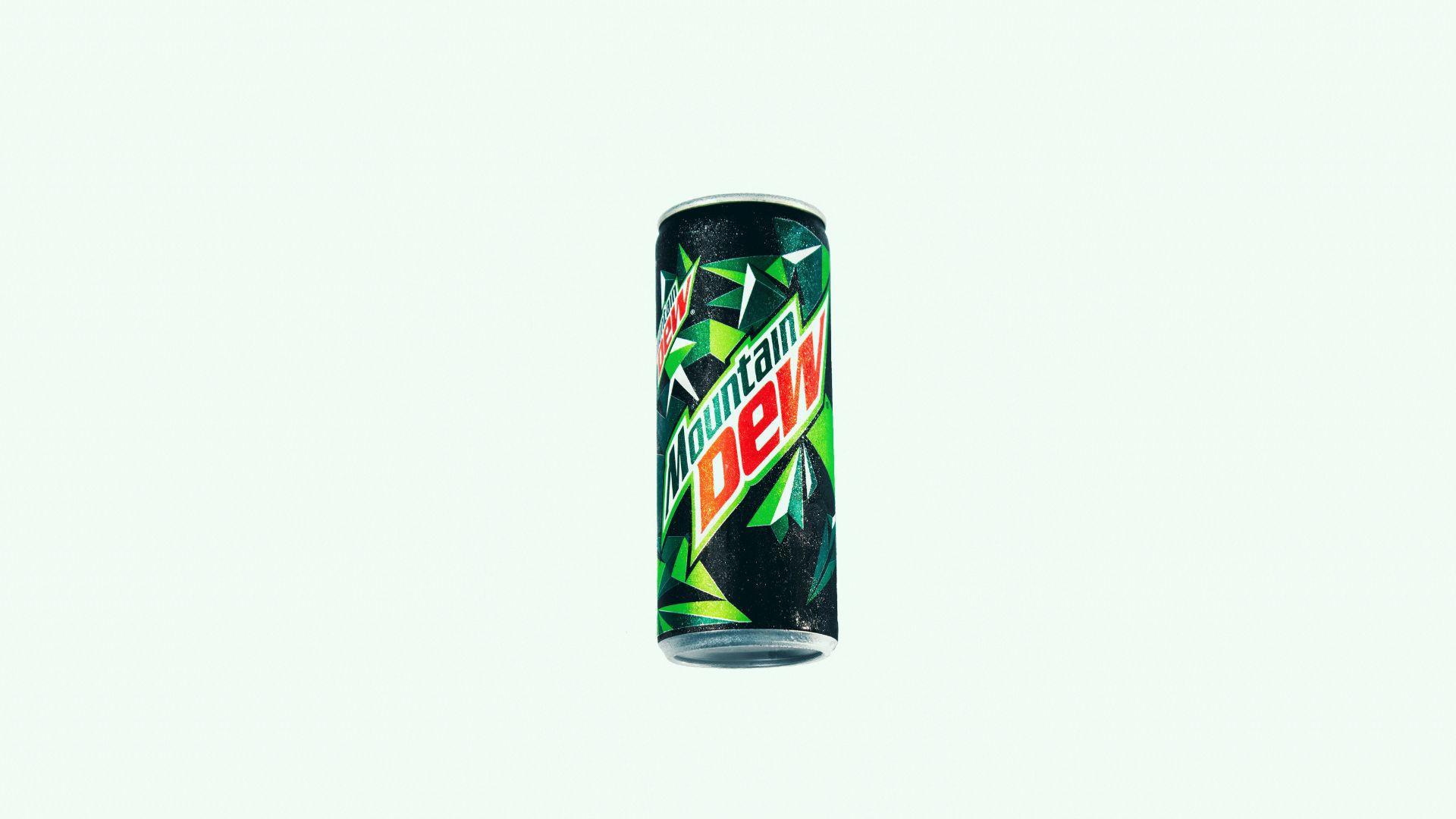
Most of us know that soda isn’t the best for us. However, it appears that Mountain Dew has some extra harmful ingredients in it — and that has led to its ban in the EU and Japan.
This has to do with the amount of brominated vegetable oil (BOV) in Mountain Dew. BOV has been proven to cause memory loss, as well as nerve and skin problems. While PepsiCo states that the soda no longer has BOV, bans are still in place for this drink around the world.
Milk
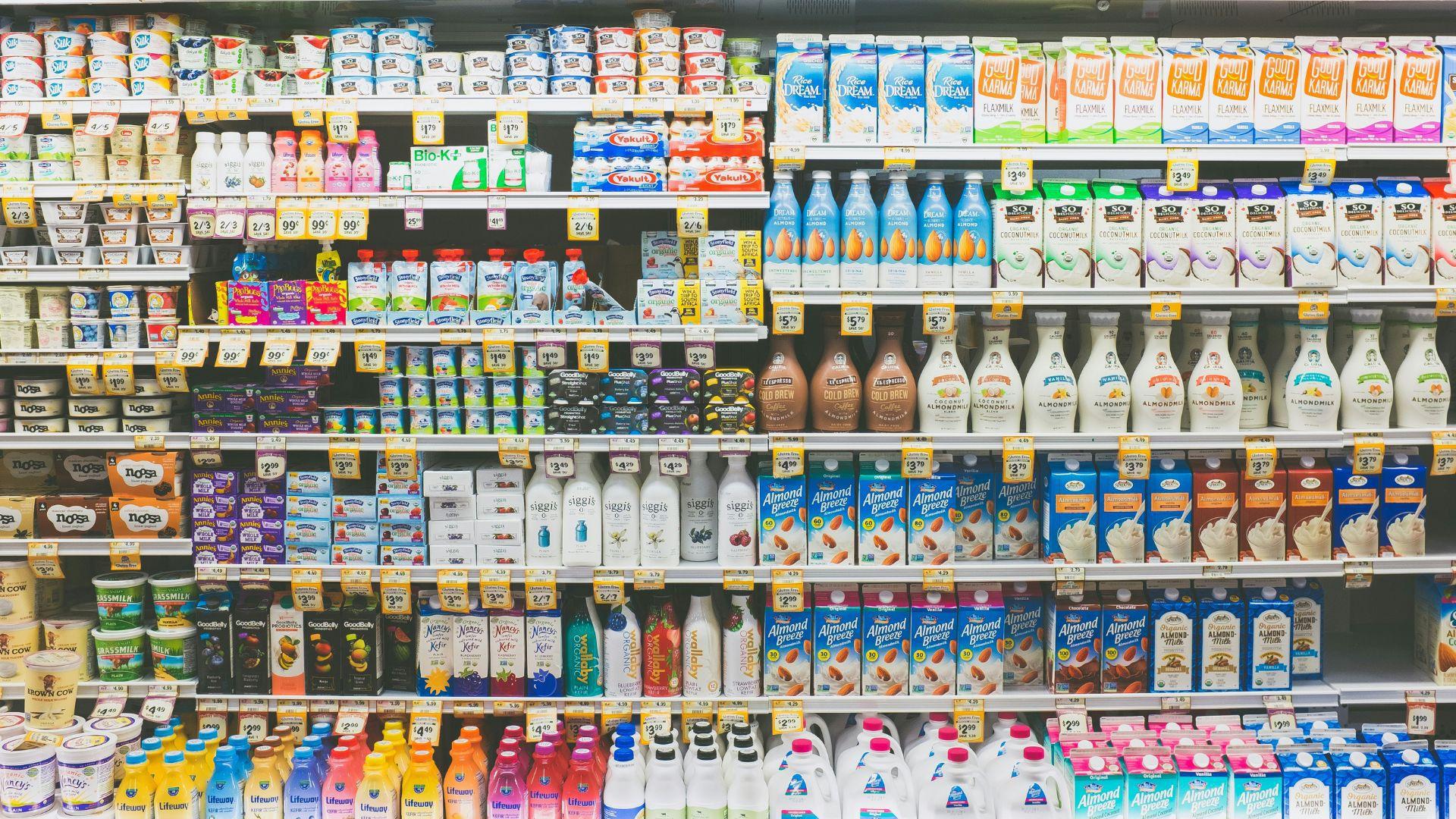
Milk is an interesting product, as various countries have different laws on this beverage. Some pasteurize it differently, while other countries allow raw milk to be sold and ingested — something the U.S. doesn’t allow in many states.
However, U.S. milk is banned in countries like Australia, Japan, Canada, New Zealand, and the EU, as it contains the hormone rGBH, or rBST.
Frosted Flakes
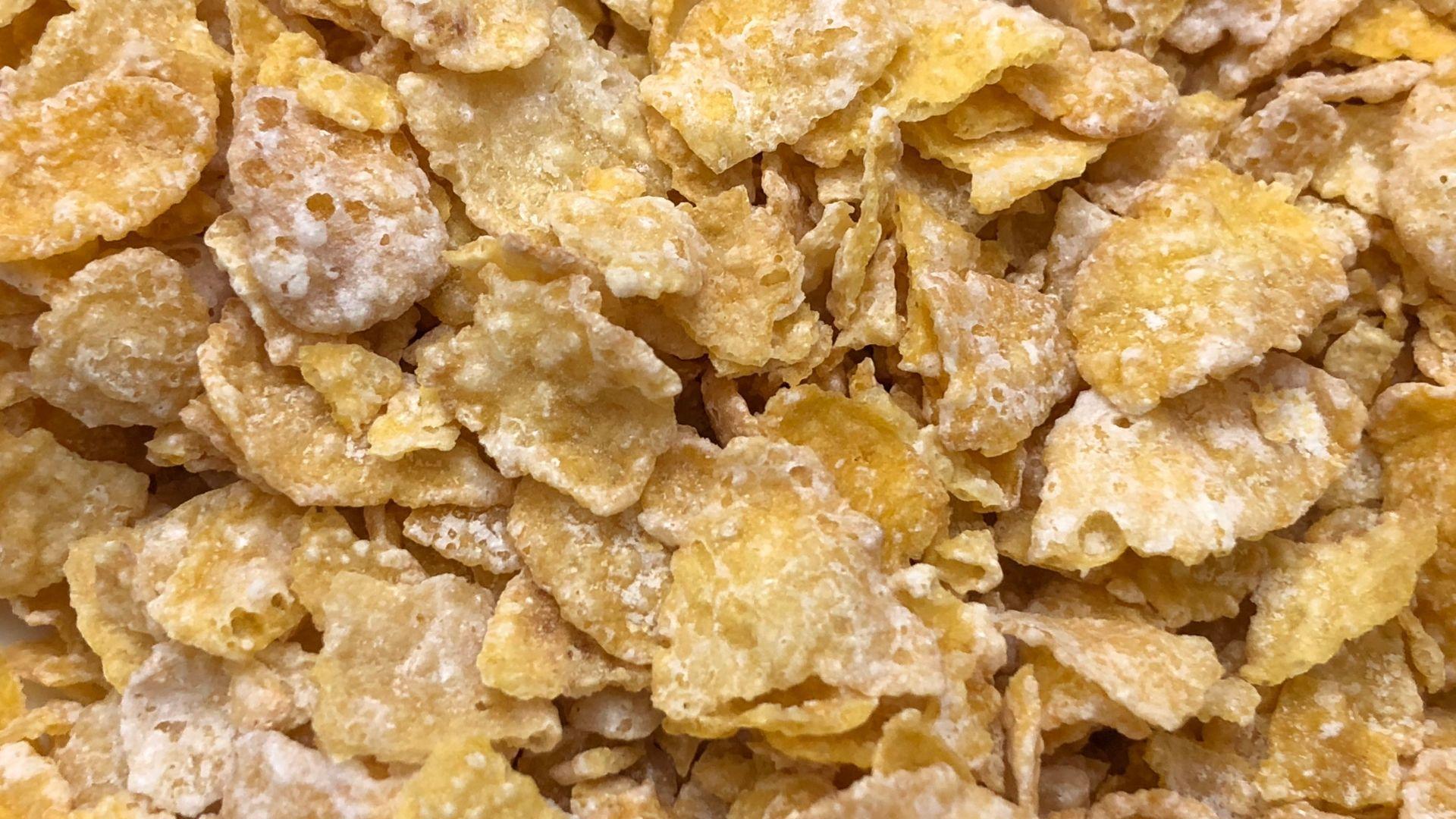
Who doesn’t love a bowl of Frosted Flakes in the morning? While this cereal may seem harmless, the European Union and Japan have outlawed the cereal because it contains butylated hydroxytoluene (BHT).
BHT is a naturally found compound that can now be lab-made. When added to food, it acts as a preservative. The EU and Japan, however, have stated that it is a cancerous chemical.
Maraschino Cherries
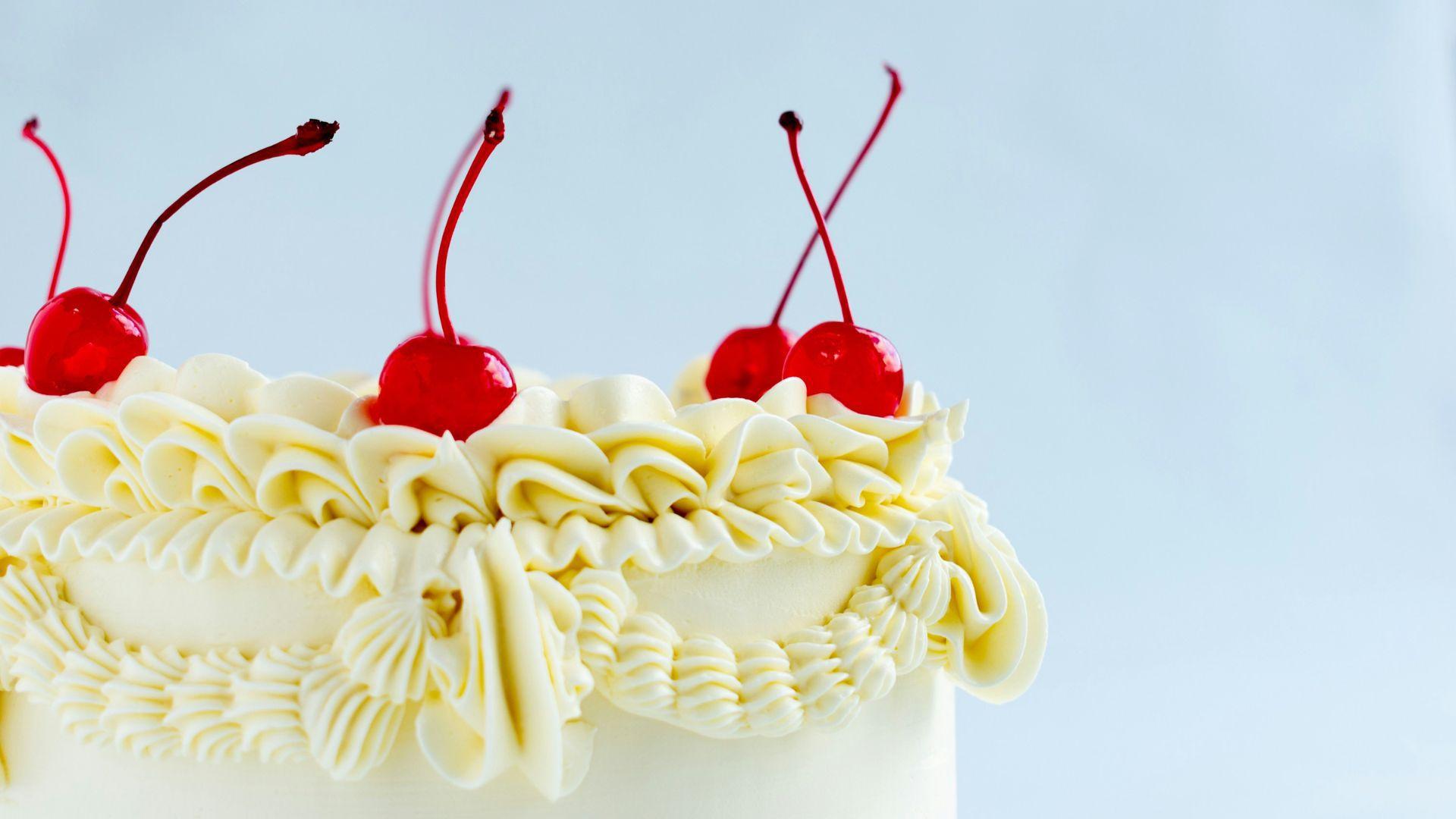
Maraschino cherries are yet another food item that is legal in the U.S., but isn’t elsewhere. These cherries are often used on sweet treats like cakes, as well as in drinks or alcoholic beverages.
However, maraschino cherries are illegal in countries such as France, Finland, Norway, Austria, and the United Kingdom, as they contain the food dye Red 40. Red 40 has benzene, which causes cancer.
Ritz Crackers
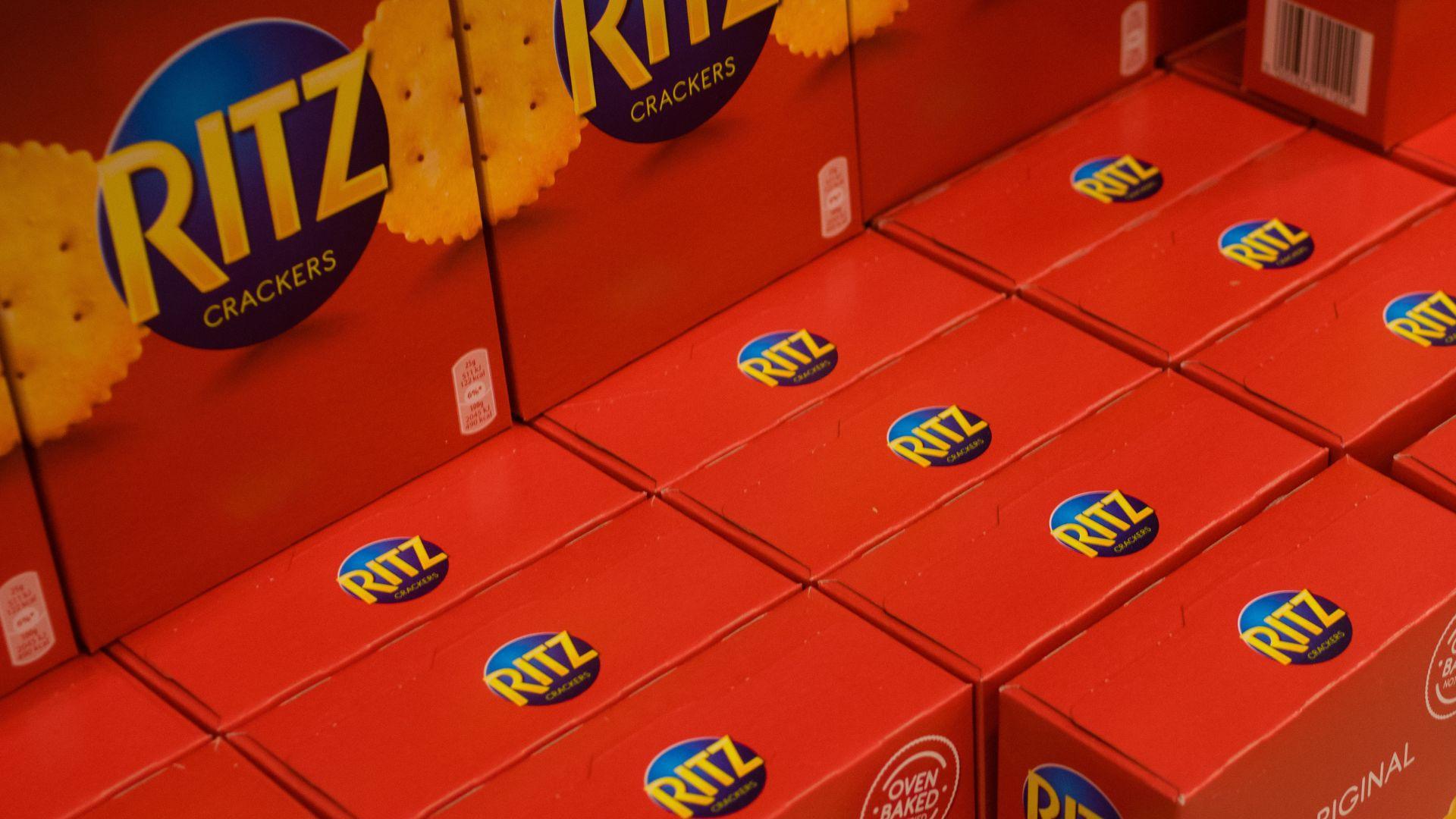
Perhaps somewhat surprisingly, Ritz Crackers are banned in many countries, such as Denmark, Australia, Switzerland, Iceland, and more.
Why is this? The crackers contain hydrogenated cottonseed oils, which contain trans fat. These oils can have harmful effects on a person when ingested often, which has led to their ban in these countries.
Cheetos
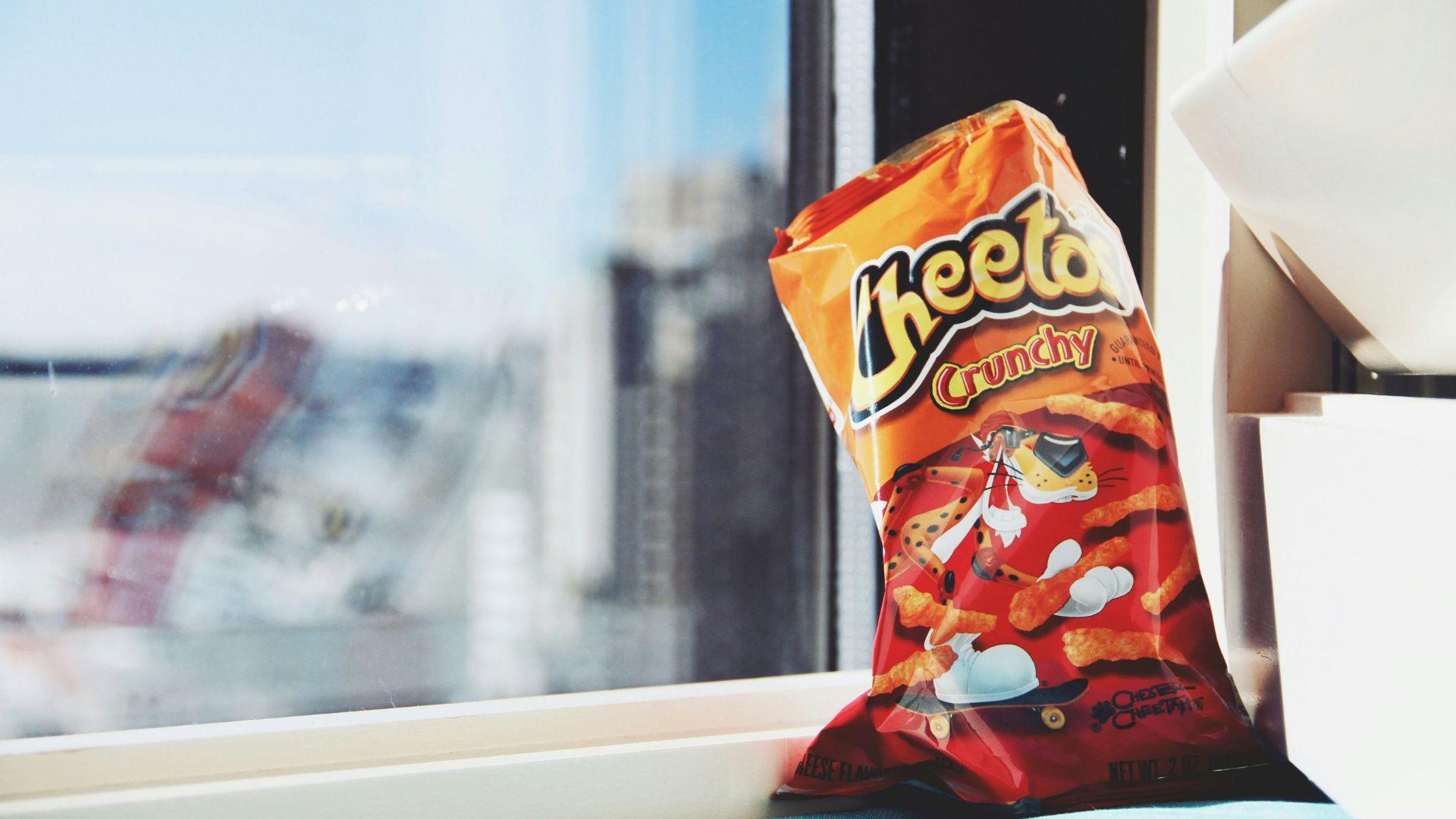
Cheetos are another popular American snack that many adults and children eat on a consistent basis. However, because it contains the Yellow 6 food dye, Cheetos can’t be found in various EU countries.
According to the EU, Yellow 6 has many potential health risks, so they don’t allow food containing this food dye to be readily sold in their countries.








































